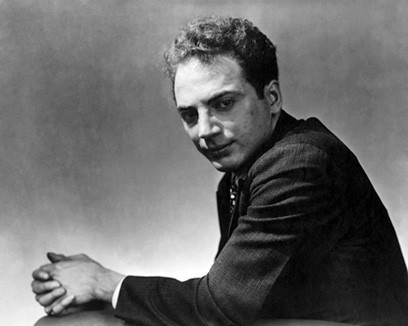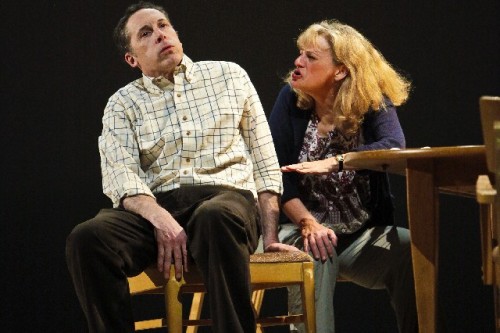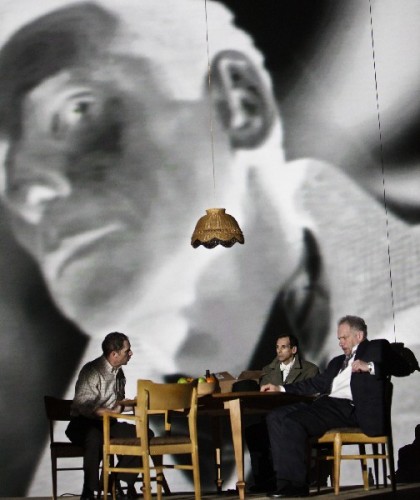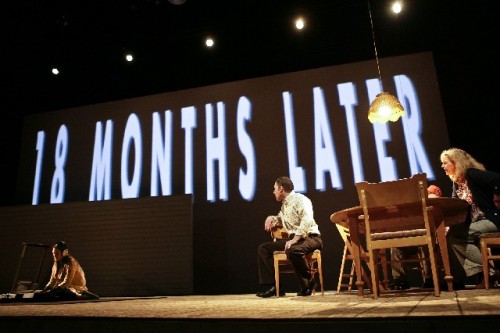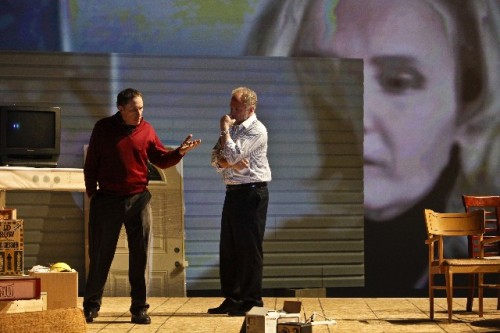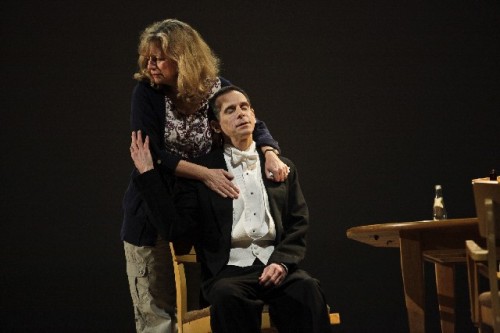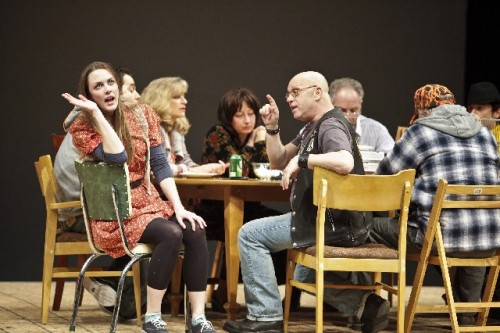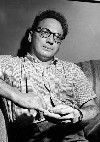Paradise Lost At American Repertory Theatre
Clifford Odets' Social/Political Drama Misplaced
By: Mark Favermann - Mar 04, 2010
Paradise LostBy Clifford Odets
Directed by Daniel Fish
Crew
Scenic Design by Andrew Lieberman
Costume Design by Kaye Voyce
Lighting Design by Scott Zielinski
Sound Design by Clive Goodwin
Video Design by Joshua Thorson
Stage Manager Katherine Shea
Cast
Cast
David Chandler as Leo Gordon
Sally Wingert as Clara Gordon
Hale Appleman as Ben Gordon
T. Ryder Smith as Julie Gordon
Theres Pleahn as Pearl Gordon
Thomas Derrain as Gus Michaels
Merritt Janson as Libby Michaels
Jonathan Epstein as Sam Katz
Adrianne Krystansky as Bertha
Karl Bury as Kewpie
Michael Rudko as Mr. Pike
T. Ryder Smith as Mr. May
Cameron Oro as Felix
Remo Airaldi as Phil Foley
Anthony Gaskins as Newspaper Man
The Loeb Drama Center
The American Repertory Theatre
February 27-March 20, 2010
617-547-8300
www.americanrepertorytheatre.org
Comparisons to the Great Depression have been made to our own Great Recession. This revival of Clifford Odets' 1935 Paradise Lost has attempted to do this by stagecraft and technology. Unfortunately, the resulting drama is edgy without being focused, vocal without being very articulate. Though there was some very good acting performed in this A.R.T. production, the words, direction and even set are confused, misplaced and just gone astray. Perhaps, the piece is just dated no matter what is done with it?
While being seated, the audience for Paradise Lost is visually embraced by large projections before the play starts. Beginning with a series of 50s and 60s commercials, television show clips, and an obscure Kirk Douglas cowboy movie where the good father is crushed to death by logs and the young son has to take over the wild horse roundup. Is this to suggest a large corporate presence? Television as middle class vs. corporate values? Horses and crushed fathers? Was this symbolism or a socio-political environment? Did it matter?
Projected video images of the actors in various scenes were sprinkled throughout the show. It was unclear whether the projections were Big Brother or we are Big Brother. Large images suggested importance, yet seemingly lesser pieces of the narrative were projected large. Though visually interesting, there was a disconnect here between the technology and the narrative.
Various props added to the narrative confusion: modern cell phones, daughter Pearl's electric keyboards, earphones, along with a furnace that needed constant care. What decade was this set in? The issues with banks, unemployment and corporate greed do transcend both our time and 1935, but these physical elements seemed discordant and not unifying.
The play actually begins with various characters entering the stage and taking a seat around a large dinner table. Characters continue to be onstage even when they are not in a scene. Is this a play as radio program? Or, is it an effort to suggest the chaos of society? Direction and staging seem to have obscured the narrative.
The play's author Clifford Odets (1906-1963) was an American playwright, screenwriter, socialist and political activist. He helped to found The Group Theatre that was based upon the naturalistic new acting techniques of Stanislavski. His writings were influenced by the works of Chekhov. In general, Odets' works reflect a rather simplistic Marxism that was fashionable in the 1930s. In 1952, Clifford Odets testified before the U.S. House of Representatives's Un-American Activities Committee (HUAC) where he named names of other artists. He wrote little after this. Supposedly, Odets was tormented about his testimony the rest of his life.
But, on the positive side of the ledger, there were some fine, even excellent performances by several actors. Even though Odets often wrote characters as types, in this production characterizations were often nuanced. Particularly sensitive was David Chandler as Leo Gordon. Trying to keep things together as best that this patriarch, husband, friend and businessman could, he was a good guy who had bad circumstances befall him. Somewhat like Job, Gordon's descent did not seem to reverse direction however. This was not an easy role, and Chandler seemed to breathe the character eloquently.
Jonathan Epstein as Sam Katz portrayed the conflicted best friend and unscrupulous as well as unlucky business partner. His tormented false confidence added an edge to the production. Against his usual type, Thomas Derrain played friend and neighbor Gus Michaels with a faceted skill. He portrayed this character as a rough, a little bitter everyman lost in his desire to achieve success while knowing that he would not ever reach his goals.
Michael Rudko played Mr. Pike as the hobo philosopher. He reminded me a bit of R. Crumb's Mr. Natural, spouting philosophical platitudes, notions of conspiracies and cultural observations. He was like a blue collar Greek Chorus to the play. When he spoke, the audience listened. Faded athlete, "golden boy" son Ben Gordon was played with a pent-up energy and a clear acceptance of the character's limitations by Hale Appleman.
Though somewhat old for the role of the younger son Julie, T. Ryder Smith demonstrated real emotional range as the decaying, diseased businessman. In a second role, his monologue-like foreign accented portrayal of Mr. May gave a creepiness to this sinister character in a different type of portrayal.
Today, Odets' Paradise Lost is dated. The director Daniel Fish has tried too hard to make it visually and dramatically contemporary. It is a shame that with so many excellent performers and performances that this presentation was not better. This Paradise Lost was an attempt to make relevant today what occurred 75 years ago. Of course today there are some echoes, some reflections and some parallels, but this misdirected and wayward production has just left us in a theatrical purgatory.

